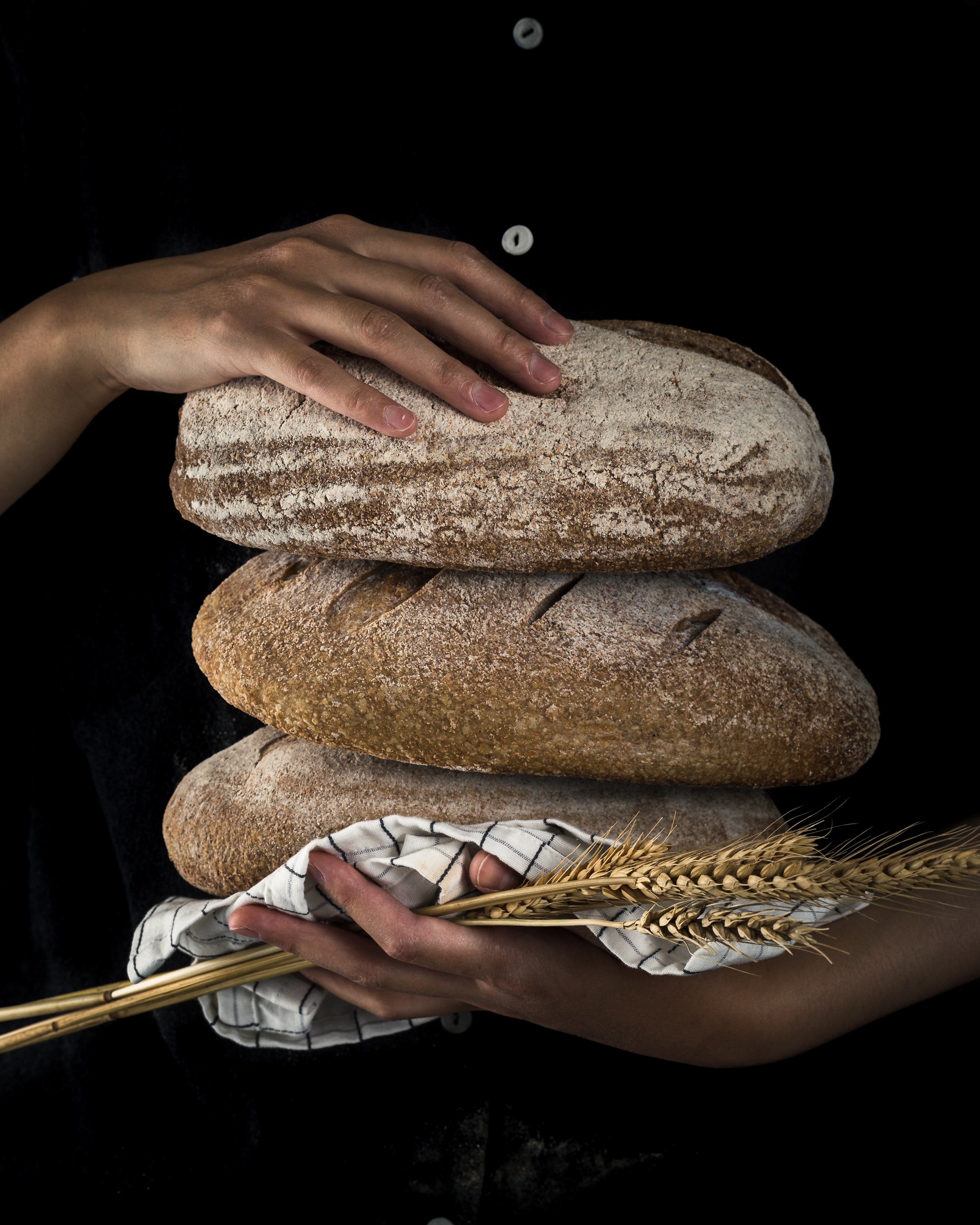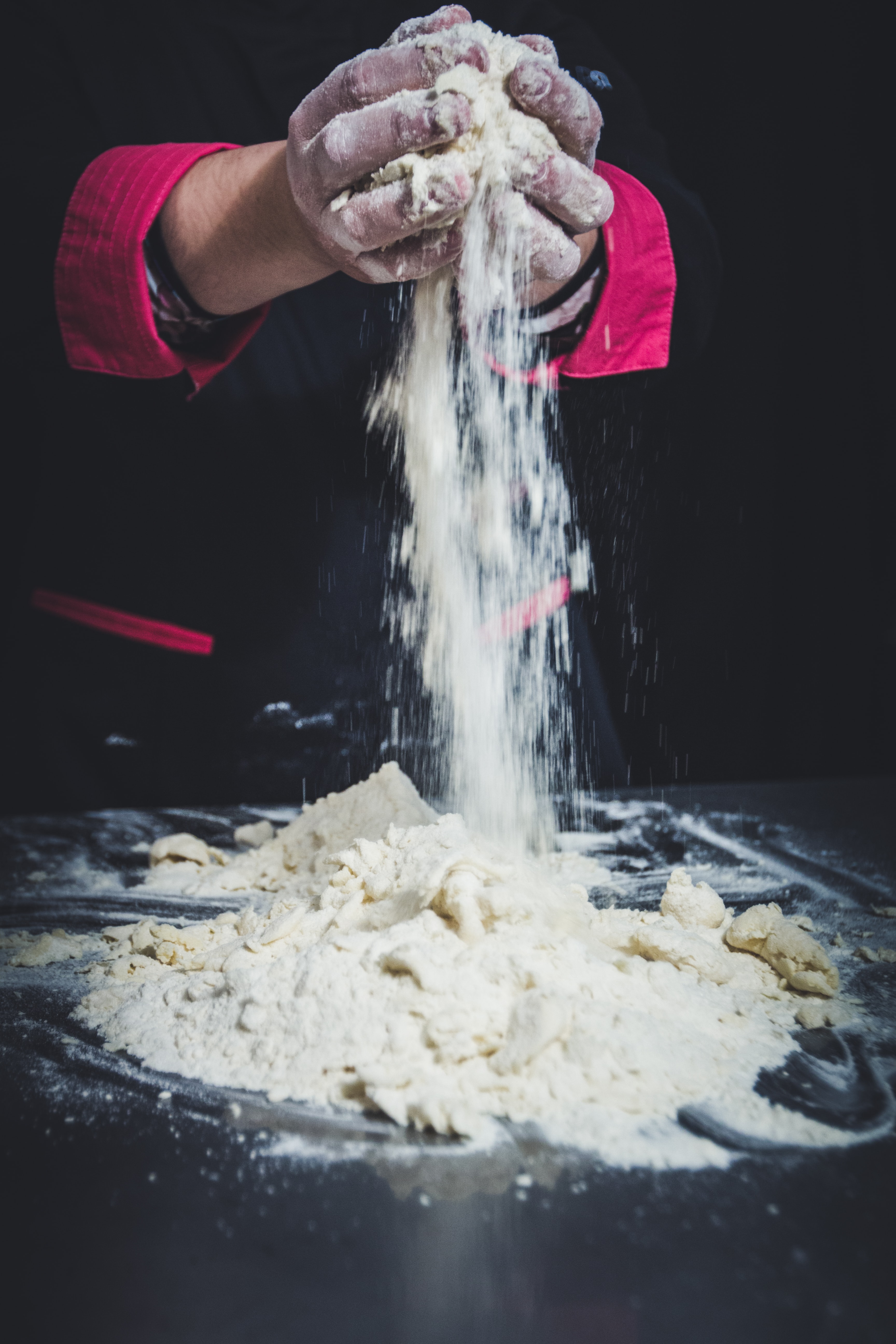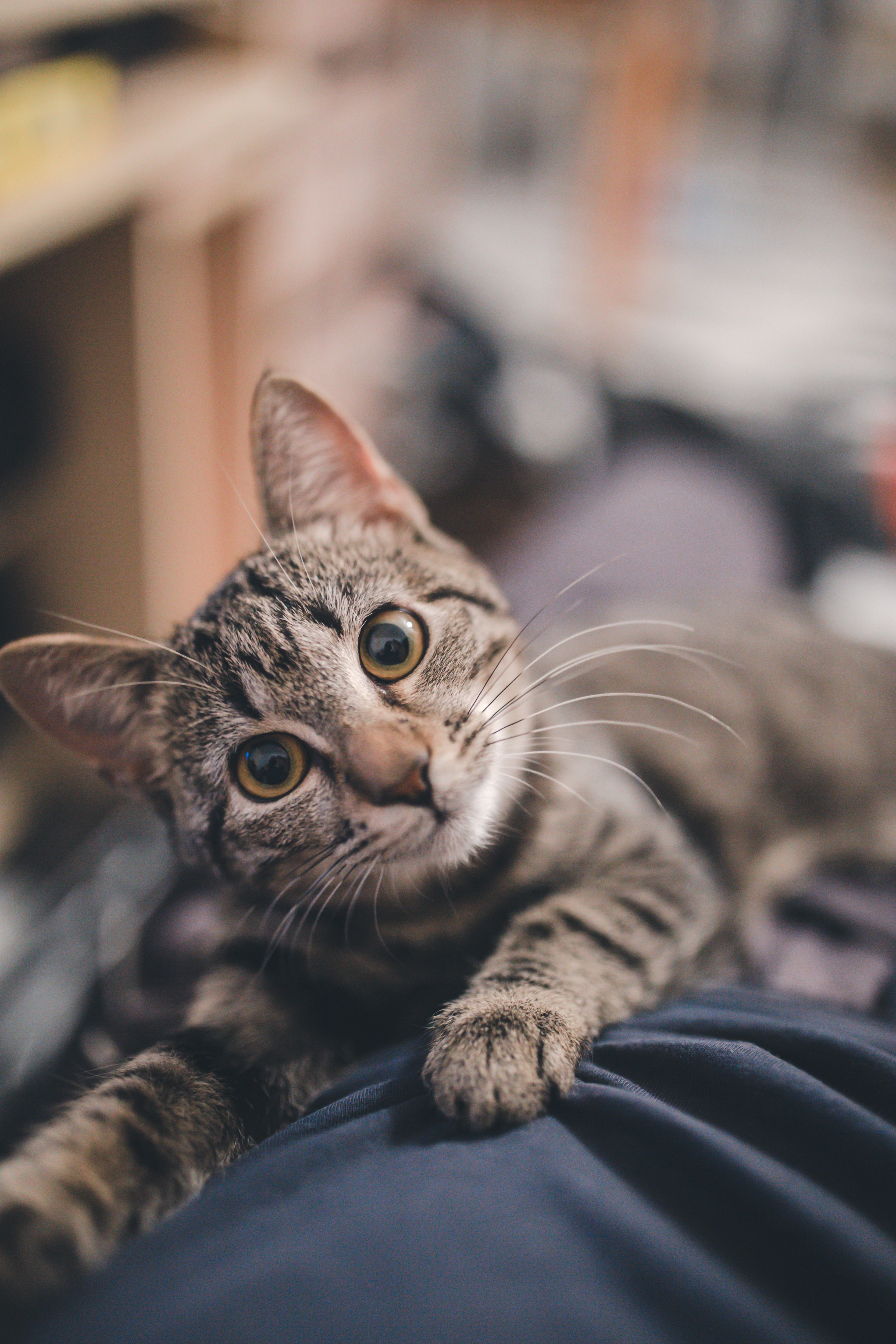Bread, Flour, Cats and More in Spanish Idioms
 Here are 12 common Spanish expressions you may come across.
Here are 12 common Spanish expressions you may come across.
In earlier posts we explored some of the lesser known German, French and Italian Idioms.
Spanish is spoken as an official language in 20 countries, and is rich in idioms and expressions. These are fixed phrases that have a figurative rather than a literal meaning.
1. Nacer con un pan bajo el brazo
Idiom: to be born with a silver spoon in your mouth
Literally: to be born with a bread under your arm. (Photo by Mae Mu on Unsplash.)
Explanation: This is said of a person who is very lucky or very privileged.
The expression may also go back to the idea that a new child born to a poor family will mean another pair of hands for bringing in the money.
Spanish: Se dice de una persona que es muy afortunada o muy privilegiada.
2. Ser pan comido
Idiom: to be a piece of cake
Literally: to be bread (to be) eaten
Explanation: You use it for something that's very easy to do.
Bread is a good image for something that is easy to get and doesn't need any elaborate preparation.
Spanish: Se usa para decir que algo es muy fácil de hacer.
3. Ser harina de otro costal 
Idiom: to be a different kettle of fish
Literally: to be flour from a different sack (Photo by Jordane Mathieu on Unsplash)
Explanation: To be a separate matter, an entirely different thing.
This expression probably goes back to a time when people brought their own batches of various types of grain to collective mills. These batches were kept in separate sacks to keep them apart.
Spanish: Ser tema aparte.
4. Meterse en harina
Idiom: to get down to it
Literally: to get into the flour
Explanation: To buckle down eagerly to a job or task.
When a baker prepares bread, he is wont to put his hands right into the flour to knead the dough
Spanish: Empeñarse con mucho ahínco en una obra o empresa.
5. Estar en su salsa
Idiom: to be in one's element
Literally: to be in one's sauce
Explanation: To be in a familiar environment and to feel at home, comfortable.
Spanish: Estar en un entorno conocido y sentirse como en casa, comodo.
 6. Buscarle tres pies al gato.
6. Buscarle tres pies al gato.
Idiom: to make a mountain out of a molehill
Literal: to look for three legs on the cat (Photo by Ramiz Dedakovi? on Unsplash)
Explanation: You don't need to complicate things that are simple.
The expression doesn't make a lot of sense like this. It actually used to be: "buscarle cinco pies al gato, y no tiene más que cuatro" (to look for five legs on the cat, when it only has four) and over time it changed to this.
Spanish: No hace falta complicar algo que es sencillo.
7. Dar a algun gato por liebre
Idiom: to take someone for a ride
Literally: give someone a cat for a hare
Explanation: To deceive someone, con fool, trick.
In earlier centuries people were not always sure what meat they were eating. If they ordered rabbit stew, is that really what they got?
Spanish: Engañar a alguno, embaucar.
8. Empezar la casa por el tejado
Idiom: to put the cart before the horse
Literally: to start the house by the roof
Explanation: This expression is used when someone doesn't do something in the right order.
How can you build a house by starting with the roof? It can't be done, and when you try you're sure to run into problems.
Spanish: Se utiliza cuando alguien no sigue el orden correcto para hacer algo.
9. En un abrir y cerrar de ojos
Idiom: in the twinkling of an eye
Literally: in an opening and closing of eyes (Photo by Amanda Dalbjörn on Unsplash)
Explanation: Something that happens quickly, in an instant.
The expression is said to go back to a passage in the New Testament, referring to the moment of resurrection that would happen in a flash.
Spanish: Algo que pasa rapidamente, en un instante.
10. Estar hecho como un flan
Idiom: to shake like a leaf
Literally: to be made like creme caramel
Explanation: To be very nervous or shaky.
This refers to people who are anxious, fearful, or unsteady for whatever reason. A flan is a custard-like dessert that has a light texture and trembles when touched.
Spanish: Estar muy nervioso o tembloroso.
11. Pedir peras al olmo
Idiom: to get blood from a stone
Literally: to ask the elm tree for pears
Explanation: Asking for the impossible.
Looking for pears on an elm tree is a pretty futile exercise. A pear is a sweet and delicious fruit. On the other hand, the small hairy fruit of an elm tree is not edible for humans.
Spanish: Pedir algo imposible.
12. Camina comenzado, medio andado.
Idiom: A good beginning is half the battle.
Literally: Road started, half walked.
Explanation: The first step is the most important one.
Once you take the first step, you're on your way. If you don't even take a first step, you won't make any progress.
Spanish: El primer paso es el más importante.
These expressions can be a fun topic of conversation no matter which Spanish-speaking country you're in. If your conversation partner appears puzzled by a "modismo" you're using, you may want to ask: ¿No se dice aquí? (Is it not said here?)
During our one-month stay in Barcelona a few years ago, we had regular language-exchange meetings with a local student. He spoke Spanish, we spoke German, and we met in a neighborhood bar. Talking about equivalent idioms in our respective languages was a natural part of each session.
For the Spanish idioms that I've listed here, I looked at a number of different sites. You can find more about those expressions or look up new ones by clicking on the links of the sites: Significado y Origen de Expresiones Famosas Diccionario de la lengua española Happy Hour Spanish
